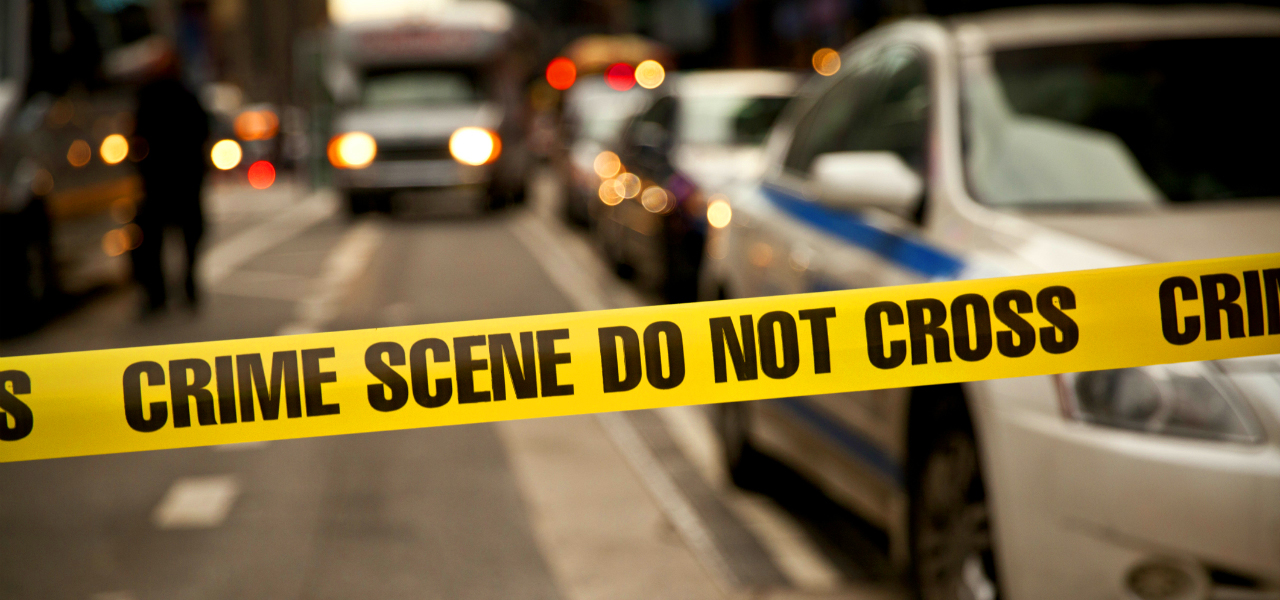A Moral Dilemma to Ask Your Family at the Shabbos Table: “Disturbing the Crime Scene”
By Rabbi Yitzi Weiner
Shavuos is the holiday that focuses on the greatness of learning and teaching Torah. This week’s Torah portion, Parshas Bamidbar also refers to the importance of learning and teaching Torah. The Torah says, “These are the children of Aaron and Moshe” (Bamidbar 3,1). It then talks about the sons of Aaron. How are Aaron’s sons the children of Moshe? Rashi writes (ibid) that whoever teaches another person Torah, is as if they gave birth to them. Teaching someone Torah is like giving them life.
The following moral dilemma explores the limits of the mitzva to show respect to the Torah.
Several years ago, in Europe, a synagogue was vandalized by hoodlums at night. The congregants came to the synagogue in the morning and found it broken into. The whole shul was in disarray and vandalized. But to their horror, the Aron Kodesh was wide open and several of the Sifrei Torah (Torah Scrolls) were strewn open all over the floor, lying there in a disgraceful manner. The congregants immediately phoned the police.
The police dispatcher told them that the police would be there very soon, but nothing should be touched because it was a crime scene. Everything should be left as is, including the Torahs. If the congregants were to change the crime scene and pick up the Torahs they would compromise the investigation and the police would not investigate the case.
The congregants were in a bind. They felt very disturbed at the prospect of just leaving the Sifrei Torah on the floor in a state of disgrace. Perhaps they should pick up the Torah Scrolls even if it meant to forgo the investigation? On the other hand, it was important to bring the perpetrators to justice. They might even repeat their crime somewhere else on other Torahs. Would it be ok to leave the Sifrei Torah lying on the ground in order to help catch the perpetrators of the crime? Which is more important, preventing disgrace to the Torah scrolls, or catching the culprits?
According to Jewish law what do you think the congregants should do?
(See Veharev Na Volume Two Hebrew Edition page 320)
Answer to last week’s moral dilemma
Rav Yosef Elyashiv answered that they do not have the right to stop the shul. This is similar to what the Aruch Hashulchan (Choshen Mishpat 155, 2) says that one does not have the right to stop a school form opening. Rabbi Elyashiv also points out that there are many Jews who specifically would like to live close to a shul, so there should not be a concern that there would be a loss of money. See Chashukei Chemed Baba Basra page 139
Click HERE if you would like to receive this question series as an email each week.

